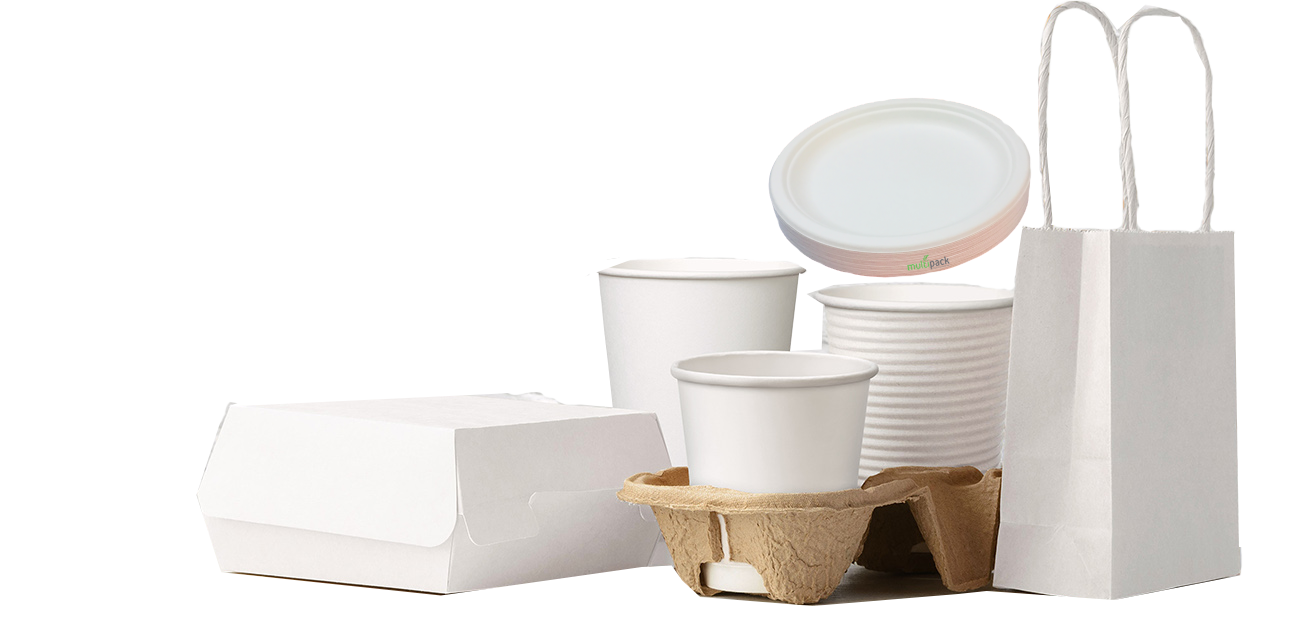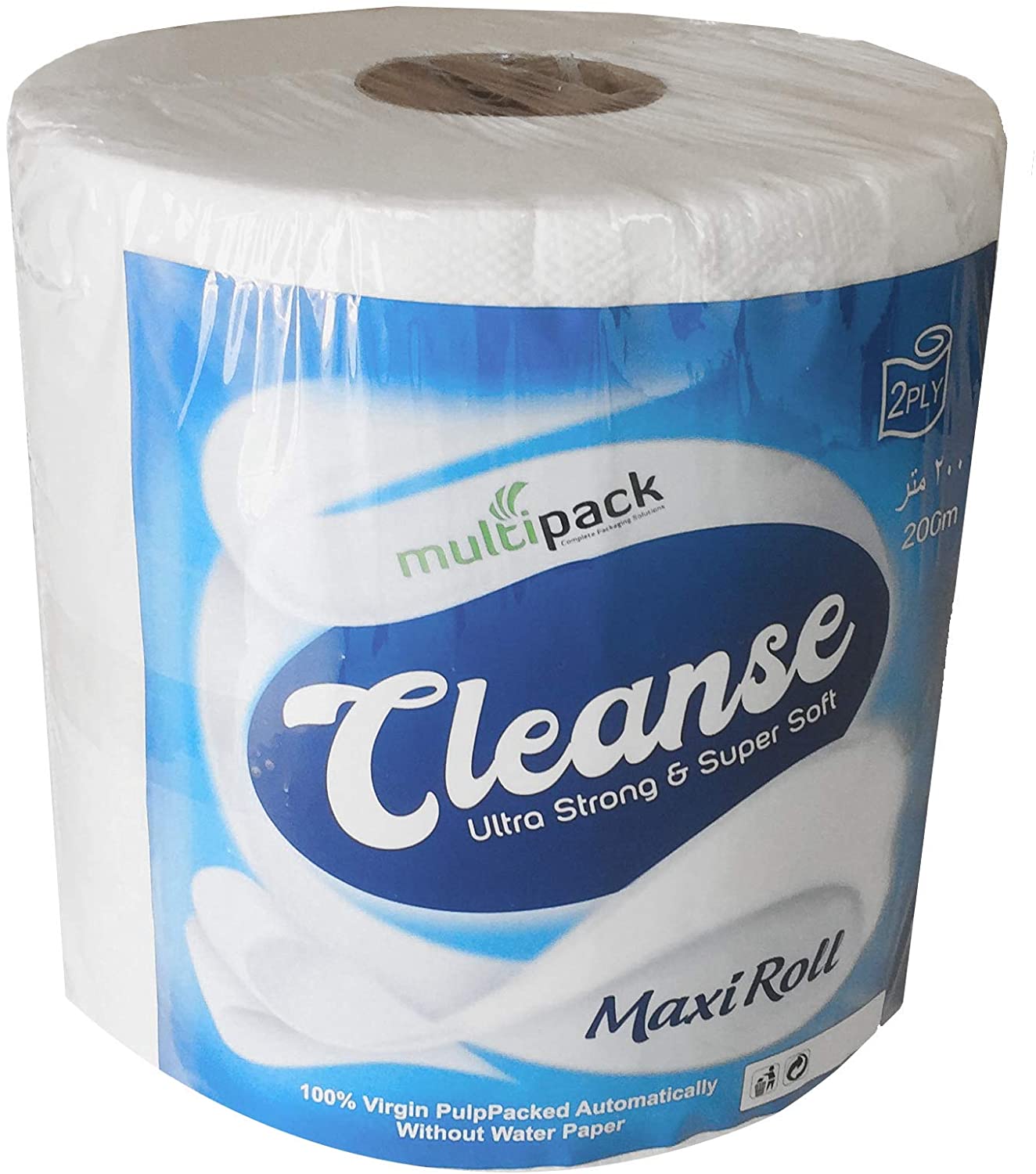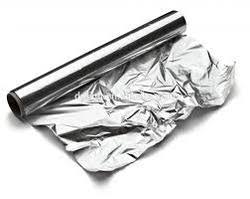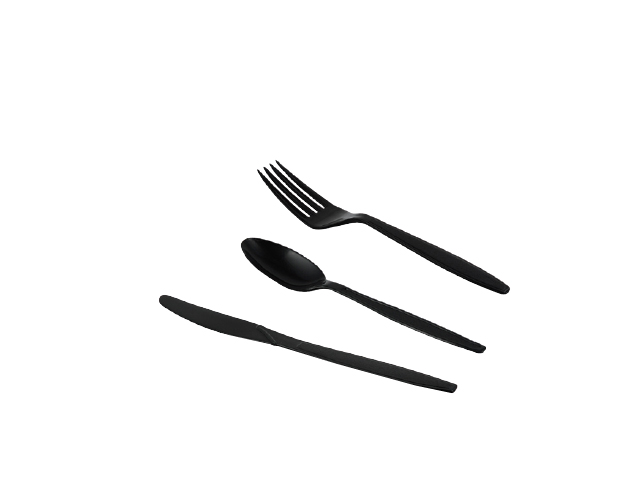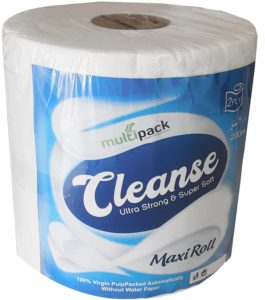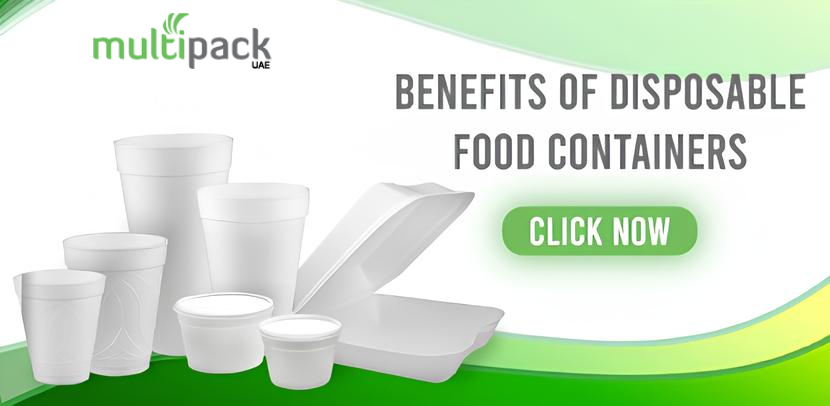Benefits of Disposable Food Containers Leave a comment
Picture yourself at a business conference, looking for the right solution with hundreds of entrepreneurs and business owners to help them simplify their processes and improve profitability. Amid the conversations about innovation and efficiency, one theme recurs: Disposable food containers are the most important part in the food service. The dialogue progresses and we realize that it is not only a logistical option but it is a tactical business decision.
These containers, often overlooked in the broader narrative, actually hold the key to operational success.
By the end of this article, you’ll understand precisely why integrating disposable food containers into your business model isn’t just an option. It’s a necessity for staying competitive in today’s market.
Is Plastic The Only Option?
When considering disposable containers for food, many assume that plastic is the only viable material. However, the landscape of disposable food packaging is diverse and evolving. Beyond traditional plastics, businesses now have access to a range of materials designed to suit different environmental and operational needs.
Options include biodegradable plant-based materials like PLA (polylactic acid), which is made from renewable resources such as corn starch, and bagasse, derived from sugarcane fibers left after juice extraction.
These materials break down much faster than traditional plastics and offer comparable durability and food safety. Additionally, paper products, often coated with a biodegradable liner, provide a sustainable alternative ideal for less moisture-intensive foods. Exploring these alternatives allows businesses to make choices that align more closely with their values and the increasing consumer demand for sustainability.
Benefits of Disposable Food Containers – From A Business Perspective
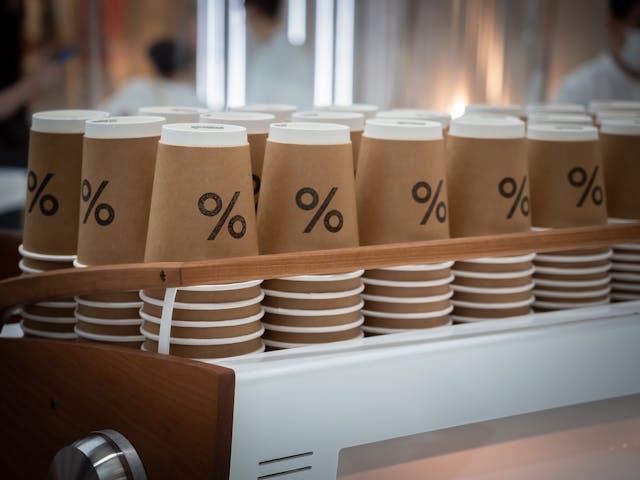
Cost-Effectiveness
Business owners always need something within their budget. and these plastic food containers do it for them. They remove the need for washing and reduce labor costs and utility expenses associated with dishwashers and other cleaning equipment. Furthermore, the lightweight nature of these containers reduces shipping costs when ordering in bulk. Studies have shown that businesses can save up to 20% on operational costs by opting for disposable options over reusable alternatives.
Hygiene and Safety
In the realm of food service, hygiene and safety are paramount. Disposable containers provide a one-time use option that ensures food is protected from contaminants and cross-contamination, a critical consideration in today’s health-conscious world. According to recent data from the Food Safety Standards Authority, businesses using disposable containers have reported a decrease in foodborne illnesses by approximately 15%, highlighting their effectiveness in maintaining food safety.
Convenience and Efficiency
Disposable food containers are very convenient. They’re great for busy times, outdoor activities, or quick-service places. Because they’re easy to dispose of, staff can focus more on helping customers instead of cleaning up. This helps the business work more smoothly and serve more people, increasing profits.
Variety and Customization
One of the most beneficial point of these disposable food containers is that they come in many types. Businesses can pick from different materials, sizes, and styles to match what they need. These containers can also have logos or branding, which is a great way to make the brand more visible and attract customers. This customization helps with both function and marketing.
Environmental Impact
Today, many businesses want to harm the environment less. They are choosing to use disposable containers that are better for our planet. Now, many makers of these containers use recycled materials or make them from natural things like PLA, which comes from plants. This change helps these containers be more friendly to the environment. It fits what businesses and customers expect today.
Which Industry Should Take Advantage of Disposable Food Containers?
So, plastic disposable food containers are versatile and beneficial across various sectors. Below are some industries that can greatly enhance their operations by incorporating these containers.
Restaurants and Hotels
In the fast-paced world of restaurants and hotels, efficiency and hygiene are paramount. Disposable food containers offer a quick and hygienic way to serve and deliver food, reducing the time spent on dishwashing and the risk of cross-contamination. Additionally, for establishments offering room service or take-out options, these containers ensure food remains secure and presentable from kitchen to customer.
Bakeries
Bakeries find disposable containers very helpful, especially for showing and keeping their baked goods safe. These containers help protect soft items like muffins and cakes when moving them, and they also make them look good to customers. Containers with clear tops let people see inside, which is great for showing off bakery items.
Hospitals
Hygiene is critical in hospital settings, where the risk of infection and cross-contamination must be minimized. Disposable food containers provide a sterile way to deliver food in disposable meal containers to patients, ensuring that dietary requirements are met without the added risk of transmitting pathogens. They also simplify the process of feeding numerous patients efficiently, maintaining food safety and quality.
Retail
Retail outlets, especially those specializing in ready-to-eat foods, can utilize disposable containers to enhance customer convenience. These containers make it easy for customers to transport products safely and consume them on the go. Moreover, aesthetically pleasing designs can enhance the product’s shelf appeal, thereby attracting more buyers.
Catering
Caterers often manage large-scale events where the quick distribution of food is necessary. Disposable containers facilitate the serving process, ensure portion control, and reduce the need for post-event cleanup. The catering food containers are also ideal for occasions where guests prefer to take leftovers home, making the event memorable and managing food waste efficiently.
Wrap Up
Disposable food containers are very important for the food service industry. They help save money, keep things clean, make work easier, and help promote brands. As choices keep growing, businesses can find eco-friendly and customizable containers that suit their needs and values. Check out our wide selection of disposable food containers today and see how they can improve your business.
-
What are the benefits of storing food in plastic containers?
These containers are great for storing food. They are strong, light, and have tight seals that keep food fresh and clean. They can also be stacked to save space where you store them.
-
What are the advantages of disposables in catering?
Disposables in catering provide numerous advantages, such as enhanced hygiene, reduced need for cleaning, and ease of use during large events. They simplify logistics by eliminating the need to return dishes, and they can be recycled or composted, depending on the material, to minimize environmental impact.
-
What are the advantages of using a plastic container?
From cost-effectiveness, lightweight nature for easy transport, to resistance to breakage, these plastic containers benefit a lot. They are also non-reactive, which means they won’t interact with the food contents, preserving taste and safety.
-
What are the advantages of plastic food packaging?
Plastic food packaging is popular because it keeps food fresh, protects it from dirt, and lets you see what’s inside, which customers like. It can also be changed to show a brand’s logo and is often easy to recycle, depending on the plastic type.

